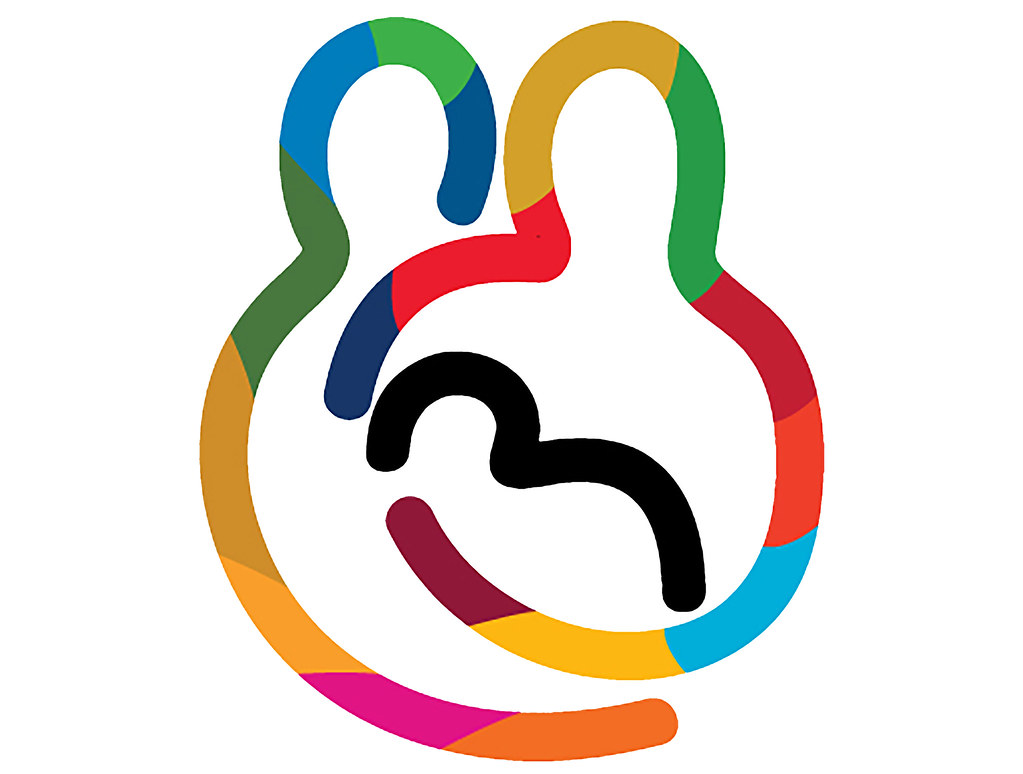 The Florida Department of Health in Alachua County is celebrating National Breastfeeding Month this August. This year's theme “Charting the Course Together” focuses on using data and measurement to build and reinforce the connections between breastfeeding and a broad spectrum of other health topics and initiatives.
The Florida Department of Health in Alachua County is celebrating National Breastfeeding Month this August. This year's theme “Charting the Course Together” focuses on using data and measurement to build and reinforce the connections between breastfeeding and a broad spectrum of other health topics and initiatives.
The department is working to promote breastfeeding as a vital health activity and encourages breastfeeding-friendly hospitals, child care facilities, work places, and communities.
How to feed a new baby is one of the first important decisions a family has to make, and most women who choose to breastfeed have a specific goal in mind.
Research shows:
- Breastfed infants have a reduced risk of infections, asthma, obesity and SIDS compared with formula-fed infants.
- Mothers who breastfeed have a reduced risk of breast cancer, ovarian cancer and postpartum depression compared to mothers who don't breastfeed.
- It's estimated that $13 billion would be saved per year if 90 percent of U.S. infants were breastfed exclusively for six months.
To reach the goal of exclusive breastfeeding for at least six months, mothers need supportive work policies, infant and child-care at or near the workplace, and private facilities for expressing and storing breastmilk. It takes time and practice to learn how to breastfeed, both for mother and baby, and to establish a good milk supply.
Healthiest Weight Florida within the Bureau of Chronic Disease Prevention, in partnership with the Special Supplemental Nutrition Program for Women, Infants, and Children (WIC), Healthy Start, and the Florida Child Care Food Program, has a variety of tools available for mothers and families, as well as employers, childcare facilities, and hospitals and health care professionals.
As part of the department’s Healthiest Weight Florida initiative, the Baby Steps to Baby Friendly project focuses on increasing breastfeeding initiation and duration among Florida women. Baby Steps to Baby Friendly supports hospitals wishing to improve and enhance maternity care practices related to breastfeeding, including achieving the “10 Steps to Successful Breastfeeding” developed by the World Health Organization.
The department is currently partnered with 57 hospitals across the state, and 13 hospitals have already earned their Baby Friendly designation, with more expected this year.
Local WIC agencies offer resources and staff to help breastfeeding mothers. WIC agencies may have International Board Certified Lactation Consultants who have a high level of specialized knowledge in breastfeeding to assist clients. WIC agencies also have Breastfeeding Peer Counseling Programs. The trained peer counselors are chosen from the same socio/economic/ethnic groups as WIC clients and have successfully breastfed their babies. Breastfeeding peer counselors provide mother-to-mother basic breastfeeding education and support to pregnant and breastfeeding moms.
For more information about the Florida WIC program call 1-800-342-3556 or visit their website. Learn more about National Breastfeeding Month and the benefits of breastfeeding at the United States Breastfeeding Committee, la leche league, or the Florida Breastfeeding Coalition websites.
For more information, contact Diana Duque at 352-225-4355 or Diana.Duque@flhealth.gov.